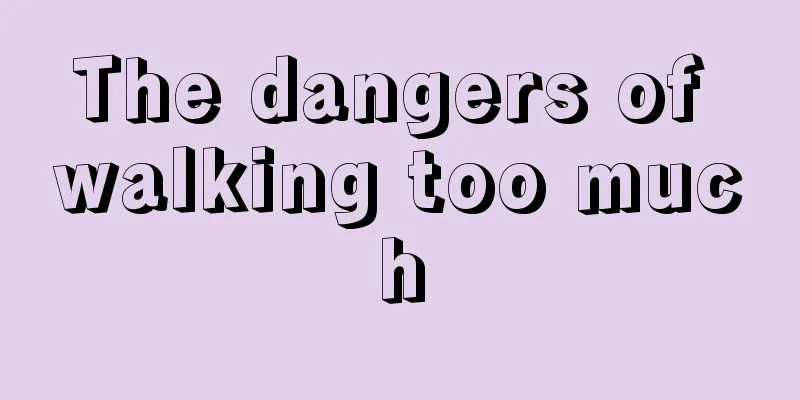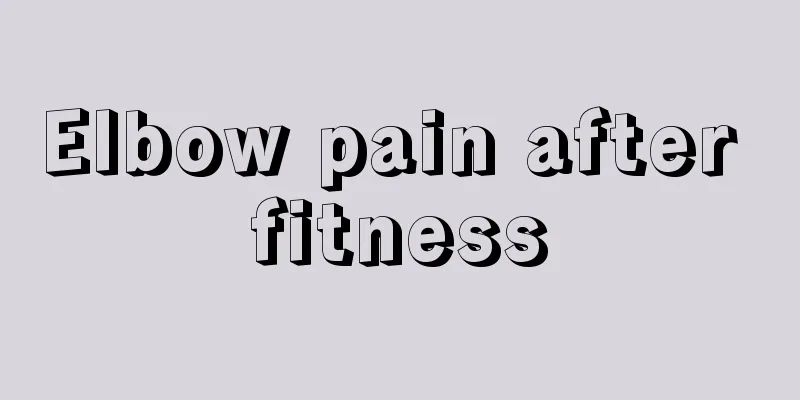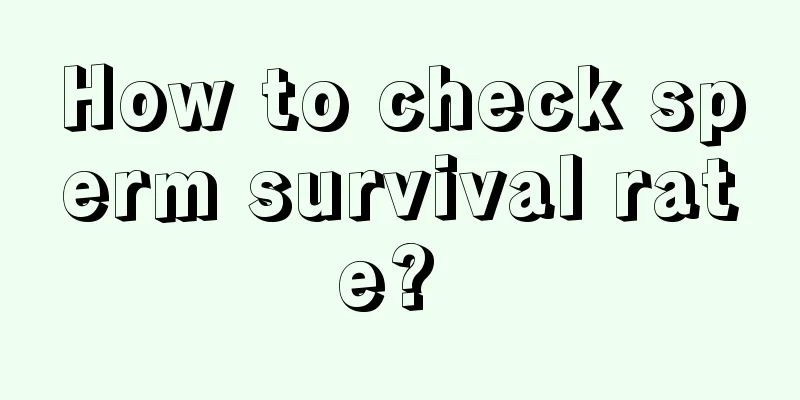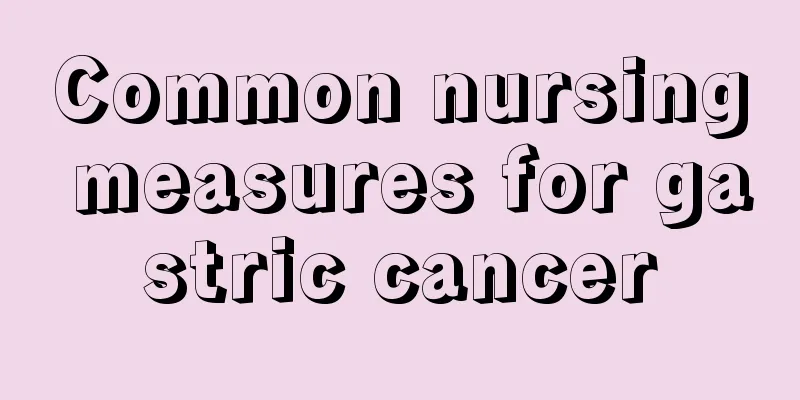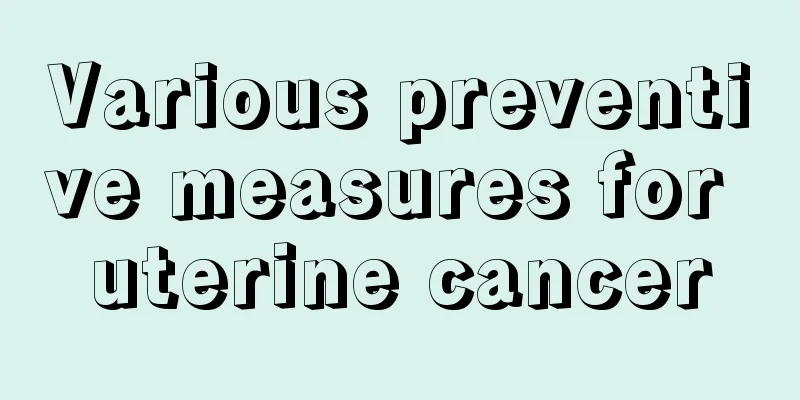The 8 most favorite actions of people when lying

|
An unintentional glance, an inadvertent smile, or a subtle movement may determine your success or failure - even if it is a business negotiation worth tens of millions of dollars. Yes, those tiny body languages that we ignore have such great magic. Then let Blue Heart show you how to spot 8 types of lying gestures. Gesture 1: Touch your nose The gesture of touching the nose is usually to rub the lower edge of the nose quickly with your hand a few times, sometimes even just a light touch. Just like covering the mouth, when the speaker touches his nose it means that he is covering up a lie, and when the listener makes this gesture it means that he doubts what the speaker is saying. Scientists at the Smell and Taste Treatment and Research Foundation in Chicago, USA, found that when people lie, chemicals called catecholamines are released, causing cells inside the nasal cavity to swell. Scientists have also revealed that lying can also increase blood pressure. Increased blood pressure causes the nose to swell, which in turn triggers the nerve endings in the nasal cavity to transmit a tingling sensation, so people can only frequently rub their noses with their hands to relieve the itching symptoms. American neuroscientists have studied Bill Clinton's testimony to the jury regarding the Lewinsky sex scandal and found that Clinton rarely touched his nose when he was telling the truth. But whenever Clinton lied, his brow would inadvertently frown slightly before the lie came out, and he touched his nose every four minutes, a total of 26 times during his testimony. However, we must keep in mind that the gesture of touching the nose needs to be interpreted in conjunction with other body language. Sometimes people make this gesture just because they are allergic to pollen or have a cold. Gesture 2: Cover your mouth with your hand Subconsciously covering the mouth with the hands means that the liar is trying to restrain himself from telling those lies. Sometimes people cover their mouths with a few fingers or a clenched fist, but the meaning is the same. Some people will pretend to cough to cover up their gesture of covering their mouth. One of the most unsettling gestures for a conference speaker is to see an audience member covering their mouth while you are speaking, as it means they think you may be hiding something. When this happens, you should stop speaking and ask the audience, "Does anyone have any questions?" or "I noticed that some friends don't agree with my point of view. Let's discuss it together." It is worth noting that the audience's action of crossing their arms in front of their chest has the same meaning as the gesture of covering their mouth. Gesture 3: What is a normal itchy nose? A simple itchy nose often only triggers the single gesture of rubbing the nose repeatedly, which has nothing to do with the content, frequency and rhythm of the entire conversation. Gesture 4: Rubbing your eyes When a child does not want to see something, he covers his eyes with his hands. The brain uses the eye rubbing gesture to attempt to prevent the eyes from witnessing deception, suspicion, and unpleasant things, or to avoid facing the person who is being deceived. Movie actors often use the gesture of rubbing eyes to express the hypocrisy of their characters. A man will often rub his eyes vigorously when making the "I don't want to look at it" gesture; if he is trying to cover up a big lie, he will most likely turn his face away. In comparison, women are less likely to rub their eyes, and they usually just give a gentle touch under their eyes. This is partly because ladylike manners restrict them from making rude gestures, and partly to avoid ruining their makeup. However, like men, women also turn their faces away when they lie to avoid the gaze of the person being told. Gesture 5: Scratching your neck The neck scratching gesture is: use your index finger (usually the index finger of your writing hand) to scratch the area on the side of your neck just below your earlobe. Our observations show that people typically scratch with their index finger about five times each time they make this gesture. The number of index finger movements is rarely less than 5 or more than 5. This gesture is a sign of doubt and uncertainty, and is the equivalent of the person saying, "I'm not sure I agree with you." The inconsistency is particularly evident when the spoken language and this gesture are inconsistent. For example, if someone says, "I totally understand how you feel," but at the same time he's scratching his neck, we can conclude that he doesn't actually understand. Gesture 6: Pull the collar Lying can cause an itchy sensation in the sensitive facial and neck nerve tissue, so people have to rub or scratch to eliminate the discomfort. This phenomenon not only explains why people scratch their necks when they are confused, it also explains why liars frequently pull at their collars when they are worried that their lies will be discovered. This is because once a liar senses the listener's suspicion, the increased blood pressure will cause sweat to form in the neck. When a person feels angry or frustrated, he or she will pull the collar away from his or her neck so that cool air can flow into the clothes and cool down the anger in his or her heart. When you see someone doing this, you might as well say to him, "Could you please say it again?" or "Please just say what you want to say, okay?" This will expose the person who is trying to lie. Gesture 7: Fingers between lips The gesture of placing fingers between lips is closely related to sucking mother's nipples in infancy and is a subconscious desire for the sense of security in mother's arms. People often make this gesture when they feel stressed. Young children will put their thumb or index finger in their mouth as a substitute for their mother's nipple, while adults will put their fingers between their lips, or smoke, hold a pipe or pen, bite on glasses frames, chew gum, etc. Gesture 8: Scratching your ears Children will cover their ears with both hands to avoid being scolded by their parents. The gesture of scratching the ears is the adult version of this body language. There are many variations of scratching the ear, including rubbing the back of the auricle, inserting the fingertips into the ear canal to pick the ear, pulling the earlobe, folding the entire auricle forward to cover the ear hole, etc. People may also scratch their ears when they feel they have heard enough or want to speak. Scratching the ears can also mean that the person is in an anxious state. Prince Charles often scratches his ears and rubs his nose when he enters a room full of guests or passes by a bustling crowd. These actions revealed his inner nervousness and anxiety. Yet we never see Prince Charles making these gestures in the relative safety and privacy of his car. But in Italy, scratching the ears is often seen as a sign of effeminacy and even as a symbol of homosexuality. |
<<: Is pure milk or yogurt better?
>>: How to use moxibustion to treat irregular menstruation
Recommend
How to remove the pungent smell of rubber
The pungent smell of rubber needs to be removed b...
How to make your lips rosy
For women, rosy lips are very attractive, but som...
What to eat for breast enhancement
What to eat to enlarge breasts? This is a questio...
Detailed analysis of the cause of teratoma
Detailed analysis of the cause of teratoma? Terat...
Seven tips for treating fever
There are people who catch colds and fevers in ev...
Can soaking your feet in mugwort leaves treat irregular menstruation?
Mugwort is a commonly used herb among the people....
What is the effective way to relieve bile duct cancer
I believe many people have heard of bile duct can...
Can eating watermelon help you sober up?
Nowadays, people drink when they are happy, drink...
Does drinking tea really cause spots?
Nowadays, few young people have the habit of drin...
What are the typical clinical signs of lung cancer patients
Typical physical signs of lung cancer patients in...
How to wash screws the fastest and cleanest
In life, many people like to eat snails. Some peo...
We need to focus on early diagnosis of melanoma
Skin melanoma mainly occurs in Caucasians and can...
Take a break after working out for a few days
In order to achieve the goal of keeping fit and s...
What is the difference between rabies vaccine and immunoglobulin
The reason why so many wild dogs are now being ta...
What is the effect of sodium cromoglycate eye drops?
Eyes are one of our sensory organs and are very i...
